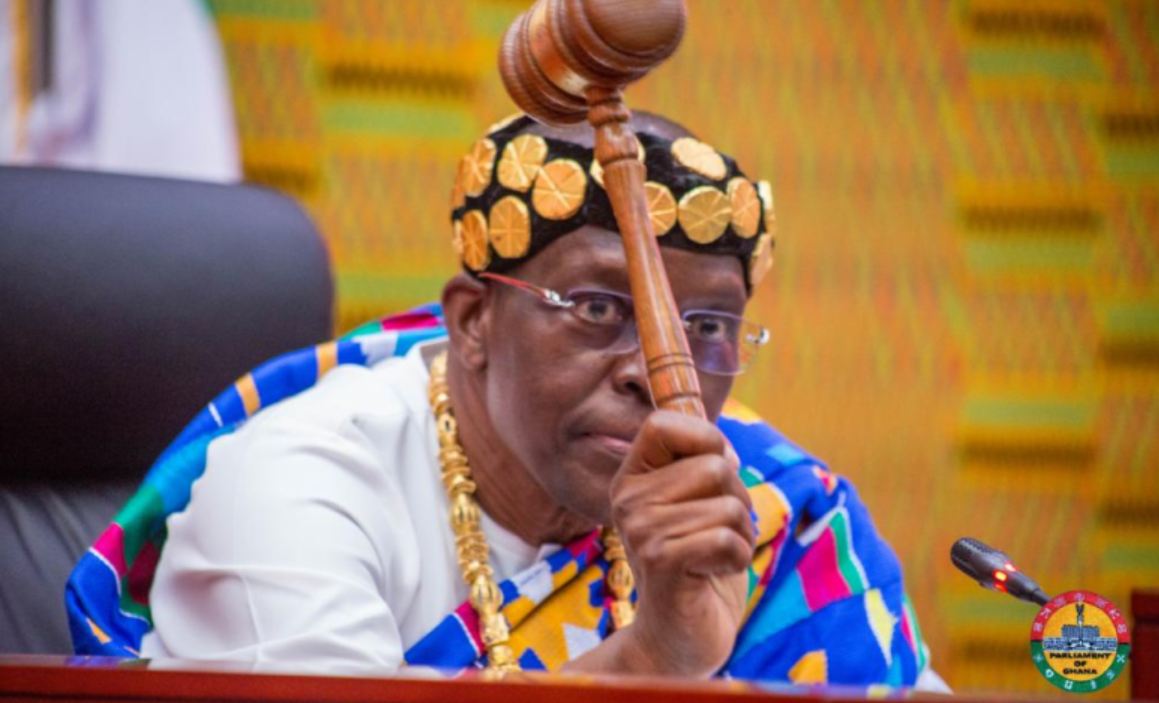Parliament Set for Showdown: NPP and NDC in Struggle Over Majority, Minority Seats

The nation’s attention is sharply focused on the Parliamentary chambers today as the ruling New Patriotic Party (NPP) and the opposition National Democratic Congress (NDC) prepare to battle over which party will claim majority control. The ongoing political power struggle has created an atmosphere of uncertainty in the legislature, and the outcome of today’s sitting could shift the balance of power in the house.
The tension began after Speaker of Parliament, Alban Bagbin, controversially declared four parliamentary seats vacant. His decision, which is expected to tilt the majority status in favor of the NDC, has been met with intense opposition. The NPP, currently holding the majority, has challenged the move in the Supreme Court, which temporarily stayed the Speaker’s ruling, escalating the political standoff.
Amid this power tussle, reports have emerged alleging a possible military deployment to Parliament, a claim that has been both denied and condemned by various political actors. First Deputy Majority Whip, Habib Iddrisu, appearing on Joy FM’s Midday News, dismissed any such possibility, stating, “We in the Majority have not been notified by any presence of the military. The Majority Leader has not been communicated of the presence of the military.” He emphasized that the NPP leadership remains focused on following the Supreme Court’s directives rather than engaging in theatrics.
On the other side, the NDC has voiced strong opposition to any military interference. The party’s Chief Whip, Kwame Governs Agbodza, warned that his caucus would “resist such actions” and cautioned that “the life of this government is less than two months.” Agbodza further accused the government of deploying military forces during the inauguration of the 8th Parliament in 2021, which led to clashes between MPs and security personnel. He warned that the people of Ghana would “react forcefully to anybody in uniform on Tuesday and beyond.”
The Majority Leader, Alexander Afenyo-Markin, sought to downplay the likelihood of a confrontation when Parliament convenes. Speaking on Peace FM, he stated that the majority would rather walk out than engage in any physical altercations if tensions rise.
The situation has drawn commentary from several prominent figures. Professor Stephen Kwaku Asare, a constitutional law expert, raised concerns about Speaker Bagbin’s decision to declare the seats vacant, describing it as setting a “dangerous precedent.” In a social media post, he argued that this move could destabilize the balance of power and discourage MPs from exploring future political ambitions, as it seemingly contradicts their right to freedom of association.
Rasheed Draman, Executive Director of the African Center for Parliamentary Affairs (ACEPA), also weighed in on the growing tension. He expressed concerns over the frequent court challenges to parliamentary decisions, warning that such actions could one day “paralyze” the legislative body. He proposed that the President, the Speaker of Parliament, and the Chief Justice should hold a tripartite discussion to resolve the matter and prevent the weakening of public institutions.
Former Ghana Bar Association President, Sam Okudzeto, also commented on the legal dimension of the standoff. Speaking on JoyNews, he emphasized that the interpretation of the Constitution remains the sole responsibility of the Supreme Court, not Parliament, and urged MPs to respect the Court’s authority on the matter.
The Speaker’s decision, based on Article 97 (1) (g) of the Constitution, which requires MPs to vacate their seats if they leave the party under which they were elected or attempt to remain as independent candidates, directly impacts four MPs: Cynthia Morrison (Agona West), Kwadjo Asante (Suhum) from the NPP, and Peter Yaw Kwakye-Ackah (Amenfi Central) from the NDC, all of whom have filed to run as independent candidates in the upcoming elections. Andrew Asiamah Amoako, an independent MP for Fomena who is now contesting on the NPP’s ticket, is also affected.
As the political storm intensifies, the actions taken in Parliament today could have lasting implications on the future of Ghana’s political landscape. All eyes remain on the house to see how the majority-minority tussle will unfold.



